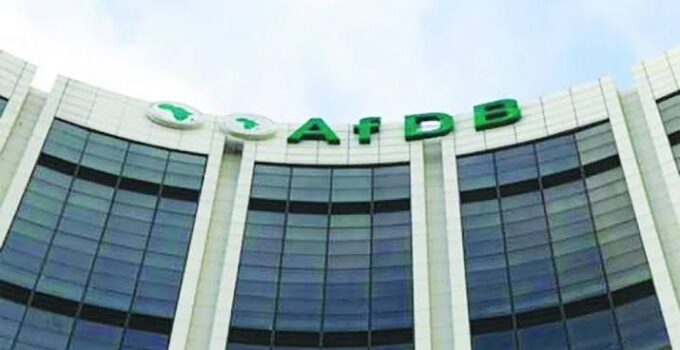The African Development Bank (AfDB) Group has announced a major $6 billion investment plan to reshape Africa’s healthcare landscape, as part of ongoing efforts to strengthen systems across the continent. The initiative, which includes two key programs, was unveiled by AfDB President Akinwumi Adesina during the Bank’s 2025 Annual Meetings in Abidjan.
The plan allocates $3 billion towards the development of quality health infrastructure and another $3 billion to building local pharmaceutical manufacturing capacity. At the heart of this push is the newly created African Pharmaceutical Technology Foundation, designed to help African countries access intellectual property rights and secure the technology and processes required to produce medicines and vaccines locally.
“The African Development Bank Group is implementing a $3 billion program for quality health infrastructure and a $3 billion program for the development of local pharmaceutical manufacturing capacity,” Adesina said while presenting his 10-year scorecard. He emphasized that the new foundation is a bold step towards making Africa more self-reliant in healthcare.
Beyond healthcare, the AfDB’s influence in Africa’s agricultural sector has been transformative. Over the past decade, the Bank’s interventions have enabled 104 million people to achieve food security and given 13 million farmers access to improved agricultural technologies.
Adesina recalled the swift response by the AfDB when fears of a food crisis loomed following the Russia-Ukraine war, which threatened to cut Africa off from 30 million tons of essential food imports. Through a $1.5 billion emergency food production facility and its Feed Africa initiative, the Bank was able to contain the crisis.
“Fourteen million farmers across 30 countries gained access to improved seeds and fertilizers,” Adesina noted. “This led to the production of 44 million tons of food, exceeding our target by 116% and valued at $17.3 billion.” He cited Ethiopia’s progress as a standout achievement, with the country expanding its cultivation of heat-tolerant wheat from just 5,000 hectares in 2018 to over 650,000 hectares by 2023—achieving wheat self-sufficiency in just four years.
Building on this momentum, the AfDB hosted the Feed Africa Summit in Dakar, where over 30 African leaders signed national *Food and Agriculture Delivery Compacts* to fast-track food production and sovereignty. Backed by unanimous approval from the African Union, the summit successfully mobilized $72 billion in global commitments to drive agricultural transformation across the continent.
The Bank is also advancing energy access through a bold joint initiative with the World Bank, dubbed Mission 300, which aims to connect 300 million Africans to electricity by 2030. This mission was launched during the Africa Energy Summit in Dar es Salaam, which gathered representatives from 48 African nations.
At the summit, leaders endorsed the Dar es Salaam Declaration on Energy Access, committing to accelerated national action, cross-border energy connections, and greater investment in renewables and electricity grid expansion. The declaration, supported by the African Union, reflects an unprecedented continental resolve to end energy poverty. According to Adesina, $55 billion has already been mobilized to support national energy compacts under this initiative.
From healthcare to agriculture and energy, the AfDB’s multi-sectoral strategy is proving pivotal in positioning Africa for a more self-sufficient and resilient future. With billions of dollars in new investments and continental policy coordination, the Bank continues to push the boundaries of what is possible for Africa’s development.










